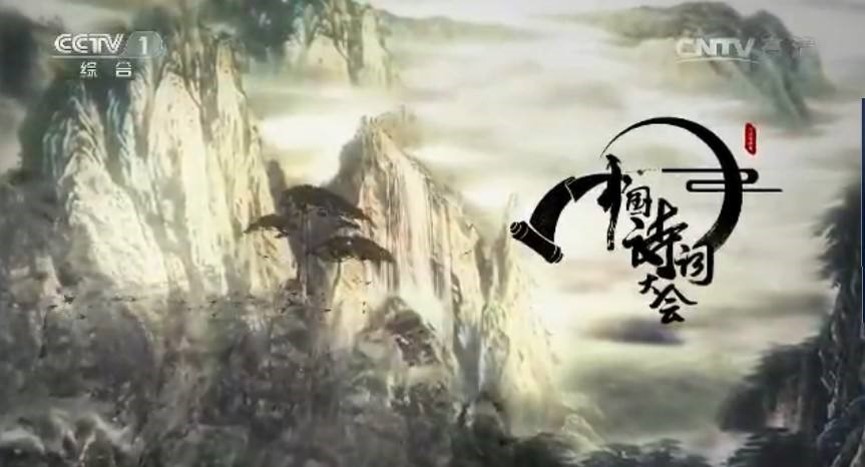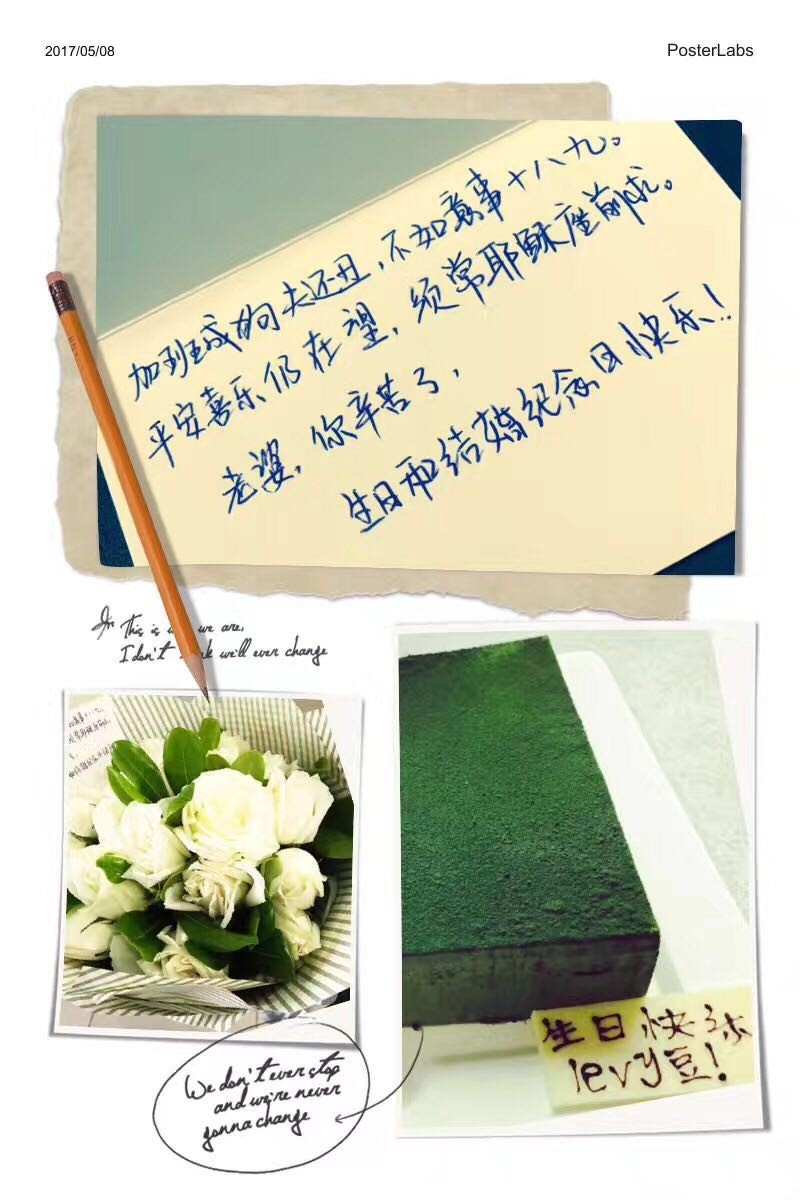China Spotlights
Neo-traditionalism among the young Chinese elite: return to Chinese values
10.08.2017
The TV series “Ode to Joy” and the debate on female chastity
So far, the general topic of my posts was mostly that Chinese consumers are very modern in many ways and adapt new global trends very quickly. Today I will talk about a trend which goes just the opposite way: a return to our own Chinese values and traditional culture.
An interesting example is the discussion which recently flared up around the highly popular TV series “Ode to Joy” (photo credit: Daylight Entertainment, production company of “Ode to Joy”).

The series could be described as the Chinese version of “Sex and the City”. The five protagonists live in the same apartment building in Shanghai, and the series is basically about everything that is important to women between 20 and 30 years of age: career, love, friendships, their looks.
One of the most recent episodes triggered an intense discussion in our social media about the chastity of women (“Virgin Obsession”) and traditional Chinese values in general. The episode is about Qiu Yingying, a carefree and cheeky girl from the provinces, whose boyfriend breaks up with her when he finds out that she is not a virgin. The reactions to this episode were heated, but polarized. To some, it is ridiculous to even speak about premarital chastity of women in a modern society, while others welcome the fact that the series addresses a traditional Chinese value which, in their opinion, deserves much more attention anyway. This points in the same direction as an online survey conducted by Tencent (our biggest telecommunication provider) in 2016. Of the 50,000 participants who were asked about their romantic relationships, about half answered that it didn’t bother them if their partners had sex before marriage, while the other half rejected premarital sex. Another result of the same survey was that about one-third of the respondents stated that they’d had their first sexual contacts with their current partners about 1 month after they first met. (source)
Neo-traditionalism among young Chinese
It looks like there are two mindsets or identity patterns in the Chinese society, the differences between which become especially obvious with regard to sexual freedom and gender roles. One half of the young Chinese want to be modern and part of a global community of values and popular culture. They consider terms like chastity to be outdated and superfluous. The other half have a strong Chinese identity and believe it is important to attribute importance to Chinese values even today. Of course, one expects especially older Chinese to be part of this traditionalist group, people who have not had much contact with global culture and lifestyles and stubbornly insist on preserving anything that is Chinese. But this is only half the truth, because in reality, there is also a group of young Chinese who could be called neo-traditionalists, people who are familiar with the global, post-modern lifestyle, but criticize it for being superficial and lacking principles and community orientation.
This critical attitude among many Chinese was also promoted in recent years by the strong cultural influence of the South Korean entertainment culture here in China. Many Chinese teenagers are thrilled about Korean popstars and movies. Korean reality shows and TV dramas are followed online by millions. But there are also people who perceive this as a “cultural invasion” and “cultural flooding” and believe the values conveyed in these programs are inappropriate for China. It seems to them that our traditional values like community and collective culture, respect of people who are older or at a higher hierarchical level, self-discipline and modesty, are better answers to today’s challenges, and they call for a return to these values.
State promotion of traditional Chinese culture
As it happens so often in China, social developments go hand in hand with state policy, and you cannot distinguish precisely which is the “hen” and which the “egg”. The same holds true for the return to our traditional culture.
On January 25, 2017, the General Bureau of the Communist Party and the State Council published instructions and guidelines on “Opinions on the implementation and development of the heritage of the great traditional Chinese culture”. (source)
This document contains the following four claims which the government considers important in the context of the profound changes the Chinese society is undergoing due to its opening to the world and its different ideologies and cultures, especially in the digital age:
- Greater acknowledgement of the importance of the great traditional Chinese culture
- Strengthening of cultural self-assurance and self-confidence
- More reflection on our values and especially their revival
- Active political support for a system conceived to revive our traditional cultural heritage
It seems like the Chinese government will strongly focus on the support of the traditional Chinese culture in the future. I am sure we will soon be able to observe what this support will be like in concrete terms. We definitely have acquired a certain routine in the promotion of social values, so far always with a strong focus on socialist values. In 2013, the government published the most recent update on this issue, defining the following 12 values as fundamental: wealth, democracy, politeness, harmony, freedom, equality, fairness, justice, patriotism, dedication, integrity, friendship. (source)

These are the values the state propaganda has been focusing on in recent years. This means, people encountered them in many places: in the media, in educational institutions, on government jobs, in community spaces. This is illustrated by the photo above showing a sign which I pass every day on my way to work. It calls upon people to observe these values.
(Source: picture taken by the author Yiming Chen).
It will definitely be interesting to see how the public propaganda about values is complemented with “new” traditional Chinese values in the course of this year.
Increasing commercialization of old Chinese traditions
The increasing popularity of Chinese traditions can also be observed in the area of popular apps. According to iiMedia statistics, 286 million people in China use apps related to traditional Chinese culture. They include apps about TCM (traditional Chinese medicine), Chinese values, history, literature and art. Let me name a concrete example of these popular apps: Last year on “Mid-Autumn Festival” (one of the most important Chinese holidays), the app “Linghit Culture” was launched on Google Play. This app integrates various topics related to our traditional culture, such as studies on early Chinese high culture, our medicine, popular customs, the old calendar, and many more. By the end of 2016, this app had 100 million users in 157 countries. All in all, this app is not only about presenting our important old traditions, but also about transmitting how modern Chinese can understand and live these traditions in modern everyday life. One example: in 2016, 17.5 million babies were born in China. 60% of their parents said when they were looking for names, they also did research to find out about their traditional meanings.

But this commercialization does not only take place in the digital world. The Chinese tourism industry has also jumped this bandwagon. In early summer 2016, the Wanda Group (see)
opened the “Wanda Cultural Tourism City of Nanchang” in the province of Jiangxi. Wanda invested 22 billion RMB (about 3 billion Euros) in this huge theme park under the great banner of the historical Jiangxi culture. On an area of 200 hectares, the park hosts an outdoor theme park, an indoor theme park, hotels, restaurants and shopping areas. The design of the entire park is reminiscent of the cultural traditions of Jiangxi. For example, the façade of the central mall was designed by graduates of the Jiangxi Art School.
The result was a blue-and-white miracle in the form of tea cups which emphasizes the special beauty and the charm of Jiangxi ceramics in a very striking way. Besides, 3D representations are used to bring the landscapes and historical monuments of the entire province of Jiangxi to the park, among others the famous Tangwang pavilion from the 7th century. At the park opening ceremony, Wanda’s founder, Wang Jianlin, said that the Disney hype was coming to an end and it was time to establish Wanda and Chinese culture as its successor. Other cultural-historical theme parks made by Wanda are indeed already being built. (Source: people.cn)

“Chinese Poetry Conference”, the poetry writing contest on TV
Classic Chinese poetry is a traditional subject at Chinese schools. Nobody enjoys it much, but you need the credits to continue your studies. That has completely changed of late. Suddenly, Chinese teenagers (and people like me) discover that classic poetry holds great magic.
This has to do with a TV program broadcast on CCTV (China Central Television) since the beginning of this year. The program is called “Chinese Poetry Conference” and is really very popular. The winner of the first season was Wu Yishu, a 16-year-old high school student from Shanghai, who delighted everybody with her performances. In no time at all, she became a student idol, and above all, thanks to her, countless Chinese students suddenly became interested in classic poetry.

Source: CNTV
I (Yiming Chen) am myself a fan of this program. After one of the shows, I felt so inspired that I sat down and wrote a poem in the classic structure of the “seven symbol octaves” for my wife’s birthday. She was so proud and surprised that she posted a photo of the poem together with her other gifts in her social network. We had the feeling that it was the poem which turned this day into something very special.
Another phenomenon which points in the same direction is that people turn away from English second names. So far, everybody who was in contact with foreigners chose an international (mostly English) second name. They did not want the foreigners to have to pronounce the difficult Chinese names. But this happens less and less often. More and more young Chinese very naturally stick to their Chinese names.

Future perspective: China and the change in values…
GIM’s great value and future study “Value and Visions 2030” detected a trend towards “re-localization” in Germany, that is, a return to local traditions, roots and values, a trend which is a reaction to globalization, mobility and international standardization. All that affects Chinese people in the same way, and in China, too, it becomes obvious that people feel a great need for a new LOCAL home. Yet, this home is of a slightly different character in our case. We are strongly seeking to distinguish ourselves from the global world and develop our own cultural identity. This seems to be some kind of cultural warming and protective layer against the negative effects of globalization, and people in China look for this protection in a national culture and history rather than in small, local contexts.


